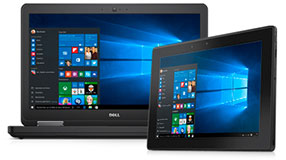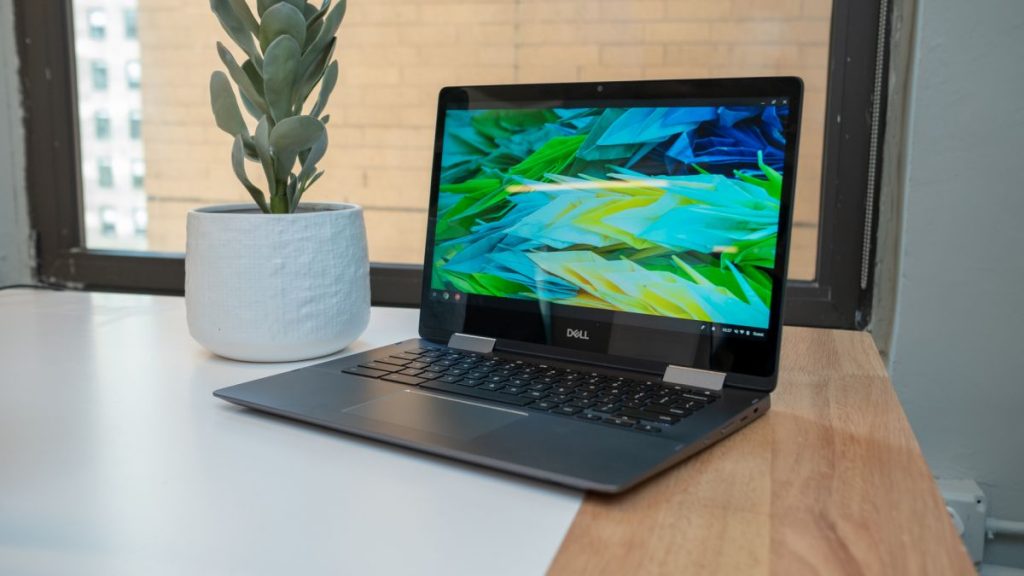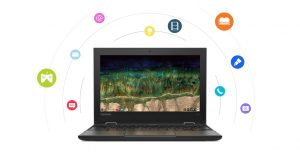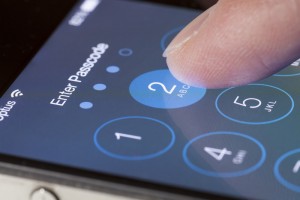

This has all led up to an immensely huge debate. Among the resistance, Facebook, Amazon, Google, Microsoft, Cisco Systems, Box, Dropbox, and others have all challenged the Federal District Court for the District of Central California. For such a highly segregated group of entities (we’ve never quite seen so many tech giants “stand together” like this), it has been interesting to see each one stand their ground- foregoing the issue of security that, in their eyes, is being manipulated by the government.
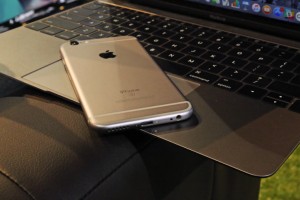

The obvious debate at that point was, would Apple breach its security on purpose, and could it fight the court order? Most of all, if this were to be an “exception”, what happens the next time a device so threatening is seized? Are all companies in the industry going to be asked to lessen their (our) device’s security, after working so hard to keep them encrypted and protected?
To end, yes, the FBI was able to enter the smartphone that belonged to Farook. Apple “very likely already working to create a patch for the bug that enabled access in the San Bernardino case”, now states that yes, in fact, “getting to unbreakable is impossible”. News now suggest that without telling Apple how, the FBI somehow performed the hack themselves, and/or with the help of unknown parties, with intent to try the same method on other iPhones. Truth Dig says, according to the American Civil Liberties Union, there are another 63 cases like this in the country, needing the attention of prosecutors (and the collaboration of the bureau) to get the devices open.
The legislation, according to California assembly member Jim Cooper (D-9th), would enforce the decryption of any new smartphone from 2017 onward- by either “its manufacturer or its operating system provider”. Yet, said in a more recent mandate, is the “ability to decrypt in response to any court order at any point, not just time of sale” (ZD Net). Of course, these are bills, and have a way to go before becoming laws. We will have to wait and see the kind of challenges this type of bill could entail, the most particular one that comes to mind is how it would negatively affect the law-abiding citizens of California. Many are already suggesting it would leave many at risk for identity theft, and many other invasions of data, and privacy breach. Down the line, this is a test not only for the U.S. Government, but other countries as well, as it could set a precedent for how companies will deal with their own technology in cases where they are asked to open a backdoor to the user’s privacy. We can’t get to a point where the power is again out of our hands (literally). Considering some of us already fear that the NSA is looking into our devices right now, once they actually are, how are we to respond?

 Laptop & Tablet Parts
Laptop & Tablet Parts


